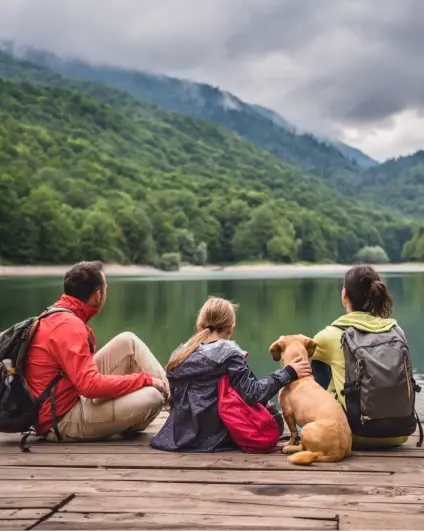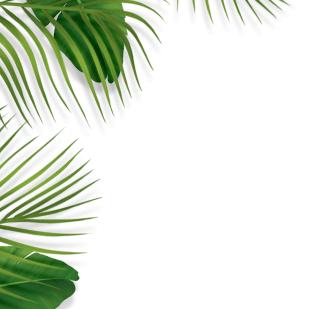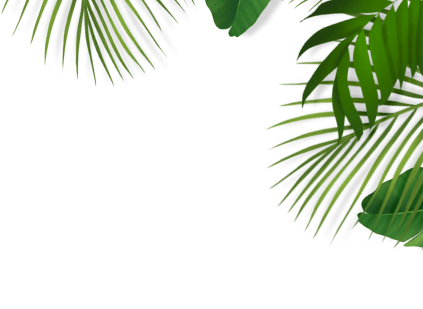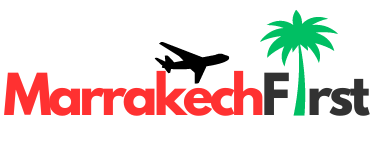To More Inquiry
To More Inquiry
Email:
contact@marrakechfirst.com
FAQS

Savings worldwide
Book Now
50% Off
For Your First Book
General
Marrakech First specializes in personalized travel experiences, including:
Guided tours in Marrakech and across Morocco
Customizable itineraries tailored to your interests
Desert adventures, camel treks, and luxury camp stays
Cultural experiences including cooking classes, historical tours, and artisan workshops
Airport transfers and accommodation arrangements
Our office is located at Kelaat Mgouna Center.
For any issues or concerns during your tour, please call us at +212601006038 or +212689514580, or reach out via WhatsApp. You can also email us at reclamations@marrakechfirst.com. We are available 24/7.
We accept payments through direct bank transfer, PayPal, and major credit cards.
Cancellations made more than 24 hours before the tour are free of charge. Cancellations within 24 hours of the tour will incur a fee of 40% to 70% of the tour price.
Modifications are possible, but availability and any changes in the tour price will be subject to our terms and conditions. Contact us as soon as possible to discuss any changes.
We strive to operate responsibly and minimize our environmental impact. Our tours are designed to respect local cultures and natural landscapes.
Upon booking, you will receive a confirmation email with all the details of your tour. If you don’t receive it, please contact us to confirm your booking.
We offer a blend of local expertise and personal touch to make your trip unforgettable. Our team consists of local guides who are passionate about Morocco’s history, culture, and nature. We focus on providing you with authentic experiences, off-the-beaten-path recommendations, and a flexible approach to suit all travelers' needs.
Yes! We offer trips to various parts of Morocco, including:
Sahara Desert excursions (Merzouga, Erg Chebbi)
Atlas Mountains hiking and Berber village visits
Day trips to Essaouira, Ouarzazate, and the Ouzoud Waterfalls
Imperial city tours (Fez, Meknes, Rabat)
Coastal adventures along the Mediterranean or Atlantic coast
Travel insurance is not included but is highly recommended. Please ensure you have adequate coverage for your trip.
We recommend booking as early as possible to secure your preferred tour dates and availability, especially during peak travel seasons.
Our office is open 8:00Am - 10:00Pm, Friday Close to assist you with any inquiries or bookings.
But online support 24/7
If you encounter any issues during your tour, please contact us immediately. We will do our best to resolve the situation. Refunds are subject to our terms and conditions.
If you lose an item during your tour, please contact us as soon as possible. We will make every effort to help you retrieve it. However, we are not responsible for personal items lost or damaged during the tour.
We strive to be transparent with our pricing. Any additional costs will be clearly outlined in the tour description. Please review the tour details to understand what is included and what may incur extra charges.
We value your feedback and encourage you to share your experience with us. You can send your comments via email, phone, or through our website’s feedback form. Additionally, you can leave a review on TripAdvisor to help other travelers learn about your experience.
Yes, we offer tours year-round, with each season providing unique experiences and opportunities. Check our website or contact us to find out what’s available during your travel dates.
Morocco Travel Tips
Here are a few packing tips:
Comfortable walking shoes (for exploring the medinas and souks)
Light, breathable clothing for the day and layers for the cooler evenings
A hat, sunglasses, and sunscreen for sun protection
Modest clothing, especially if you plan to visit religious sites
A reusable water bottle to stay hydrated
Any essential travel documents (passport, visas, etc.)
The Moroccan Dirham (MAD) is the official currency. While major cities like Marrakech accept credit cards in hotels, restaurants, and some shops, many local markets and smaller establishments prefer cash. It’s advisable to carry some local currency for shopping in the souks or when exploring rural areas. ATMs are widely available in cities.
Some of the top attractions include:
Jemaa el-Fnaa Square: A bustling marketplace and cultural hotspot
Koutoubia Mosque: The largest mosque in Marrakech
Majorelle Garden: A beautiful botanical garden and museum
Saadian Tombs: Historical royal burial grounds
Bahia Palace: A stunning 19th-century palace
Marrakech Medina: The heart of the city with its winding alleys and vibrant souks
Respect local customs, especially in terms of clothing and behavior.
Stay aware of your surroundings, especially in crowded areas like markets.
Use trusted transportation services, such as those arranged by Marrakech First.
Always carry a copy of your passport and travel documents, and avoid flashing large amounts of cash or valuables.
Visa requirements for Morocco depend on your nationality. Many visitors, including citizens of the European Union (EU), United States, Canada, United Kingdom, Australia, and New Zealand, do not need a visa for short stays up to 90 days. If you are from one of these countries, you will only need a valid passport, with at least six months’ validity remaining from the date of entry.
However, if you are planning to stay longer than 90 days or are visiting for reasons other than tourism (such as work or study), you will need to apply for a visa at the Moroccan embassy or consulate in your country.
Passport Validity: Ensure that your passport has at least six months of validity beyond your planned departure date from Morocco.
Return Ticket: Immigration authorities may ask for proof of a return ticket or onward travel plans.
Accommodation: Having a confirmed hotel booking or an invitation letter from a host in Morocco may be required by some visitors upon entry. If you book your stay or tour through Marrakech First, your booking confirmation can serve as proof of accommodation.
Visa Extensions: If you wish to stay beyond the 90-day visa-free period, you can apply for an extension at the local police station’s immigration office in Morocco.
Countries Requiring a Visa: Travelers from some countries (such as India, China, and South Africa) need to obtain a visa in advance. It's recommended to check with your nearest Moroccan embassy or consulate for specific requirements..
Moroccan cuisine is a delightful mix of Mediterranean, Arabic, and Berber flavors. Signature dishes include:
Tagine: A slow-cooked stew with meat, vegetables, and spices
Couscous: A staple grain dish often served with vegetables and meat
Pastilla: A sweet and savory pie made with chicken or pigeon
Mint tea: The national drink, usually served with sugar
Marrakech has many excellent restaurants and food stalls in Jemaa el-Fnaa, offering delicious street food, as well as high-end dining experiences. Marrakech First can also organize cooking classes for a hands-on experience with traditional Moroccan dishes
It’s recommended to dress modestly, especially in rural areas or when visiting religious sites. Women should cover their shoulders and knees, and men should avoid wearing sleeveless tops. Larger cities like Marrakech are more relaxed, but it’s always respectful to follow local customs.
Yes! While many people speak English in tourist areas, knowing basic Arabic or French phrases is very helpful. Arabic is the official language, and French is commonly spoken in cities. Learning simple greetings like "Salam Alaikum" (hello) or "Merci" (thank you) will go a long way in showing respect and connecting with locals.
It’s recommended to avoid drinking tap water in Morocco. Stick to bottled water, which is readily available, or use water purification tablets. Make sure to stay hydrated, especially if traveling in hot regions like the Sahara.
It’s best to carry some cash (Moroccan Dirhams) for smaller purchases, especially in local markets or rural areas. Credit cards are widely accepted in hotels and larger restaurants, but for tipping or small transactions, cash is preferred.
Moroccan street food is delicious, but it’s important to be cautious. Opt for busy food stalls where the food is freshly prepared to ensure safety. Popular dishes like tagine, couscous, and Moroccan pastries are worth trying. However, avoid anything that looks undercooked or has been sitting out for too long.
If you’re unsure where to go, Marrakech First can recommend some of the best and safest street food spots, ensuring you enjoy authentic Moroccan flavors without worry.
Morocco’s climate varies by region. The coastal areas have mild, windy conditions, while Marrakech and the desert can get extremely hot. The Atlas Mountains and Sahara Desert can also get quite cold at night, so it’s best to pack layers, especially if traveling to different regions.
Always ask for permission before taking photos of people, especially in rural areas or markets. Some locals may not want their picture taken, and others may expect a small tip in return. It’s best to be respectful and avoid photographing anyone without their consent.
Morocco is generally safe for solo travelers, but it’s important to stay aware of your surroundings, especially at night. Stick to well-lit, busy areas, and be cautious about accepting help from strangers. For added safety, you can join group tours or hire guides through Marrakech First.
Join The Newsletter
To receive our best monthly deals


